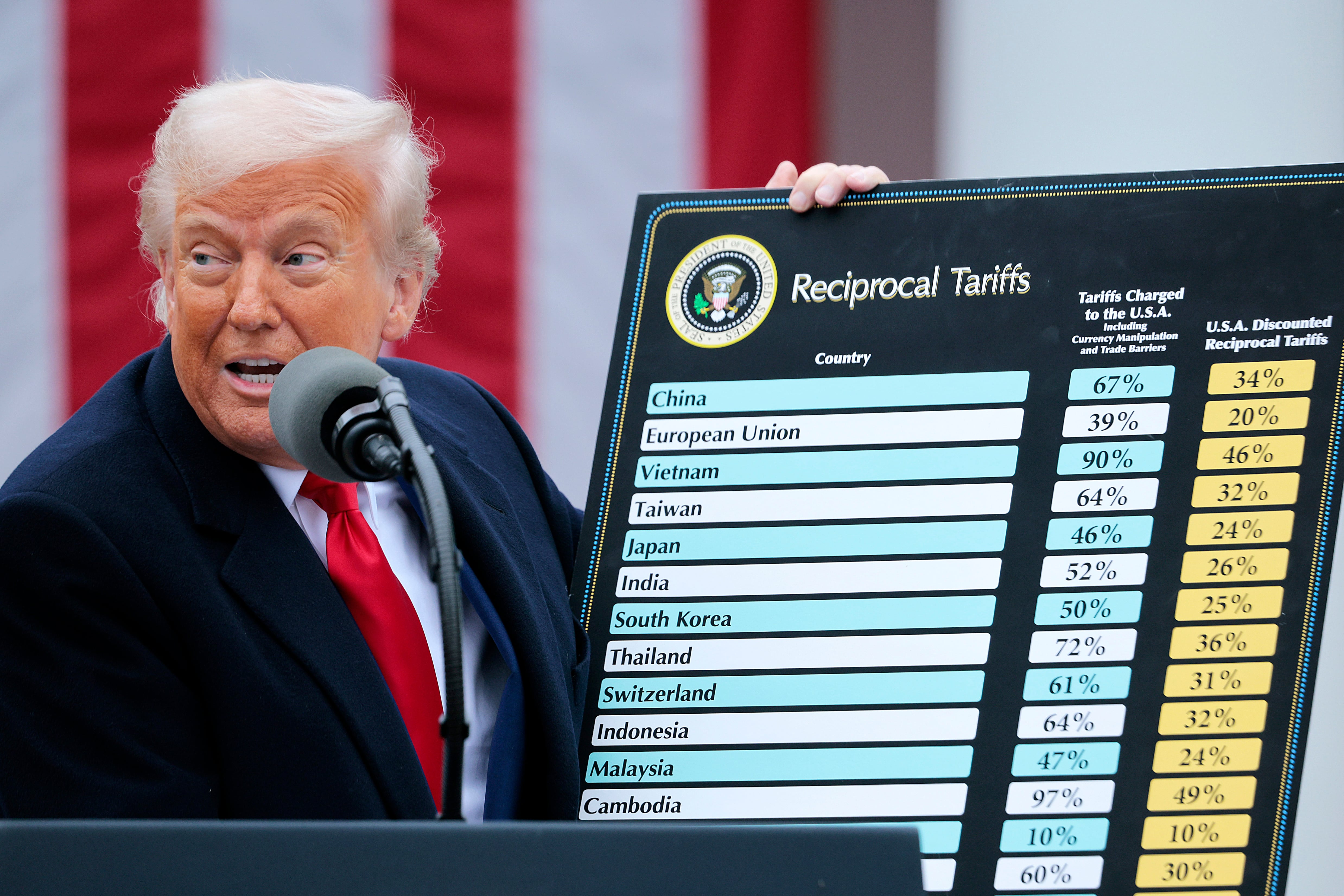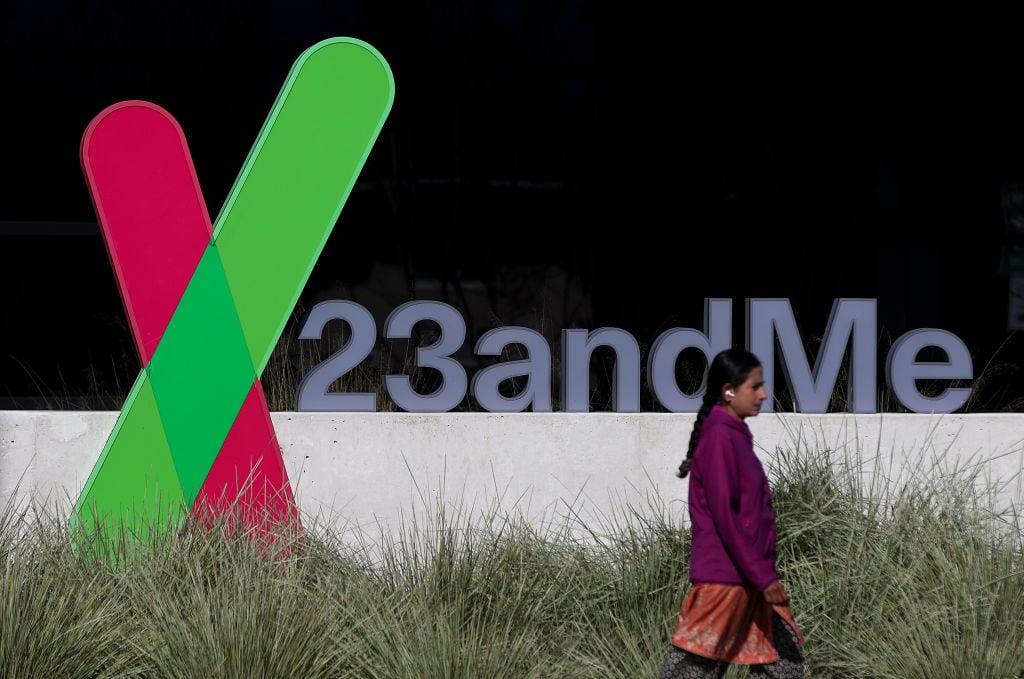*By Alisha Haridasani* First daughter Ivanka Trump shut down her eponymous clothing brand on Tuesday as consumer disapproval of her father caused sales to suffer. “After 17 months in Washington, I do not know when, or if, I will ever return to the business,” Trump said in a statement. “My focus for the foreseeable future will be the work I am doing here.” In 2017, Trump joined the White House as a senior adviser and [abdicated](https://www.vanityfair.com/news/2017/01/ivanka-trump-jared-kushner-resign-sell-assets) her executive role at the brand to avoid conflicts of interests, elevating Abigail Klem to company chief. Even after Trump left the company, activists urged shoppers to boycott her products and the various retailers that carried it. Nordstrom and Canada's Hudson's Bay, which owns Lord & Taylor and Saks Fifth Avenue, eventually dropped the brand for poor performance. Watchdog Citizens for Responsibility and Ethics in Washington alleged in May that even after her Washington appointment, Trump was still receiving [profit](https://www.citizensforethics.org/ivanka-trumps-business-wins-approval-for-more-china-trademarks/) from the brand and benefiting from the administration's latest policies. Ethical concerns against Trump were first raised in 2016 when she retained control of her company during her father's campaign and wore her own products to high-profile events, presumably promoting her brand. Trump's company is among the many businesses in her father's stable and presents regulators with the unique challenge of monitoring the first family's politics and business gains.












